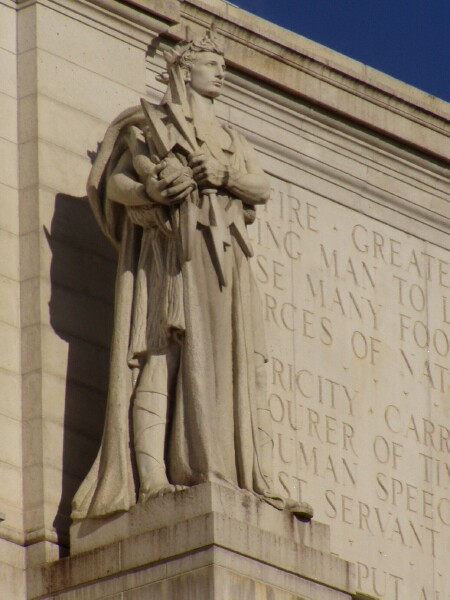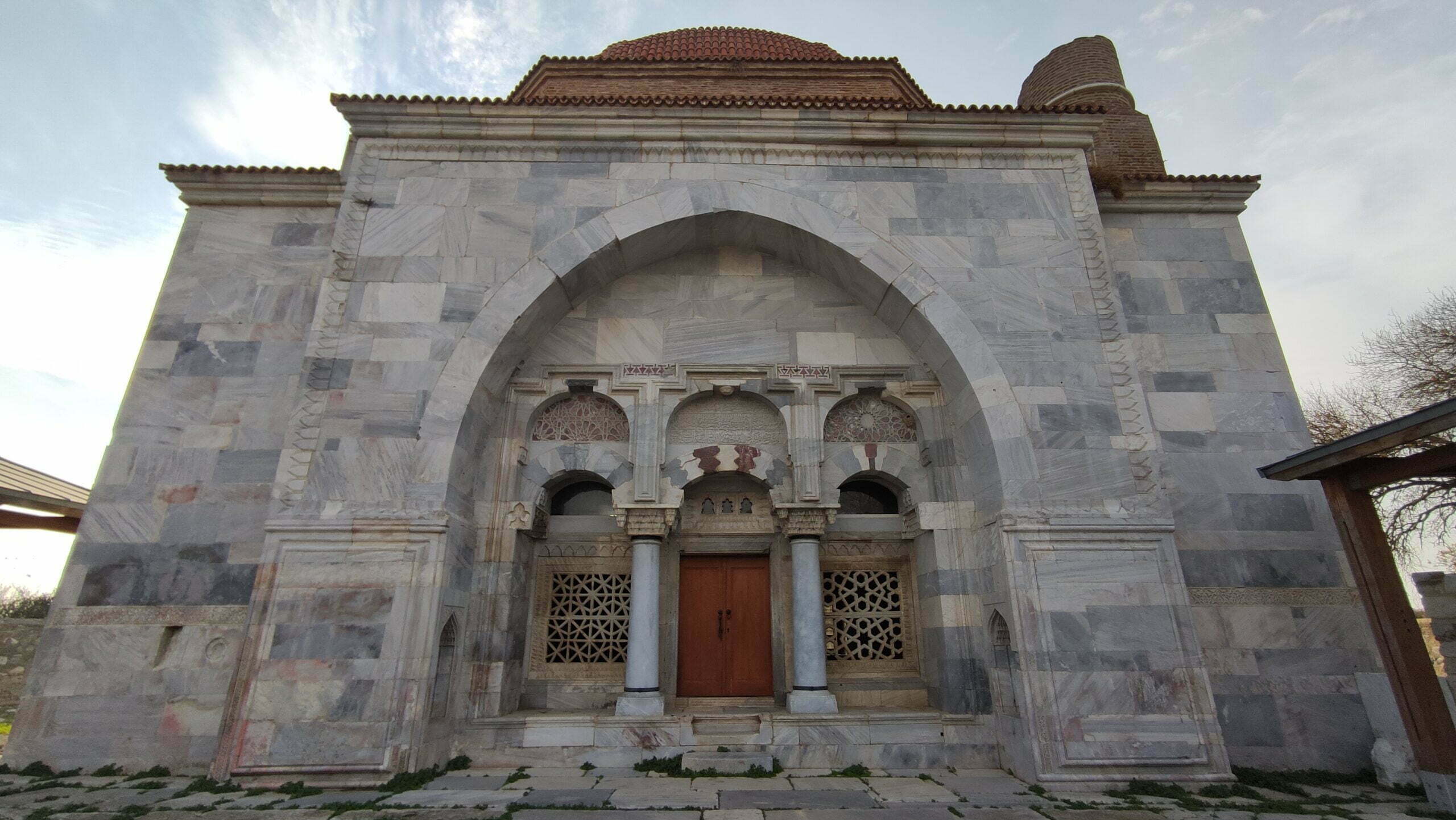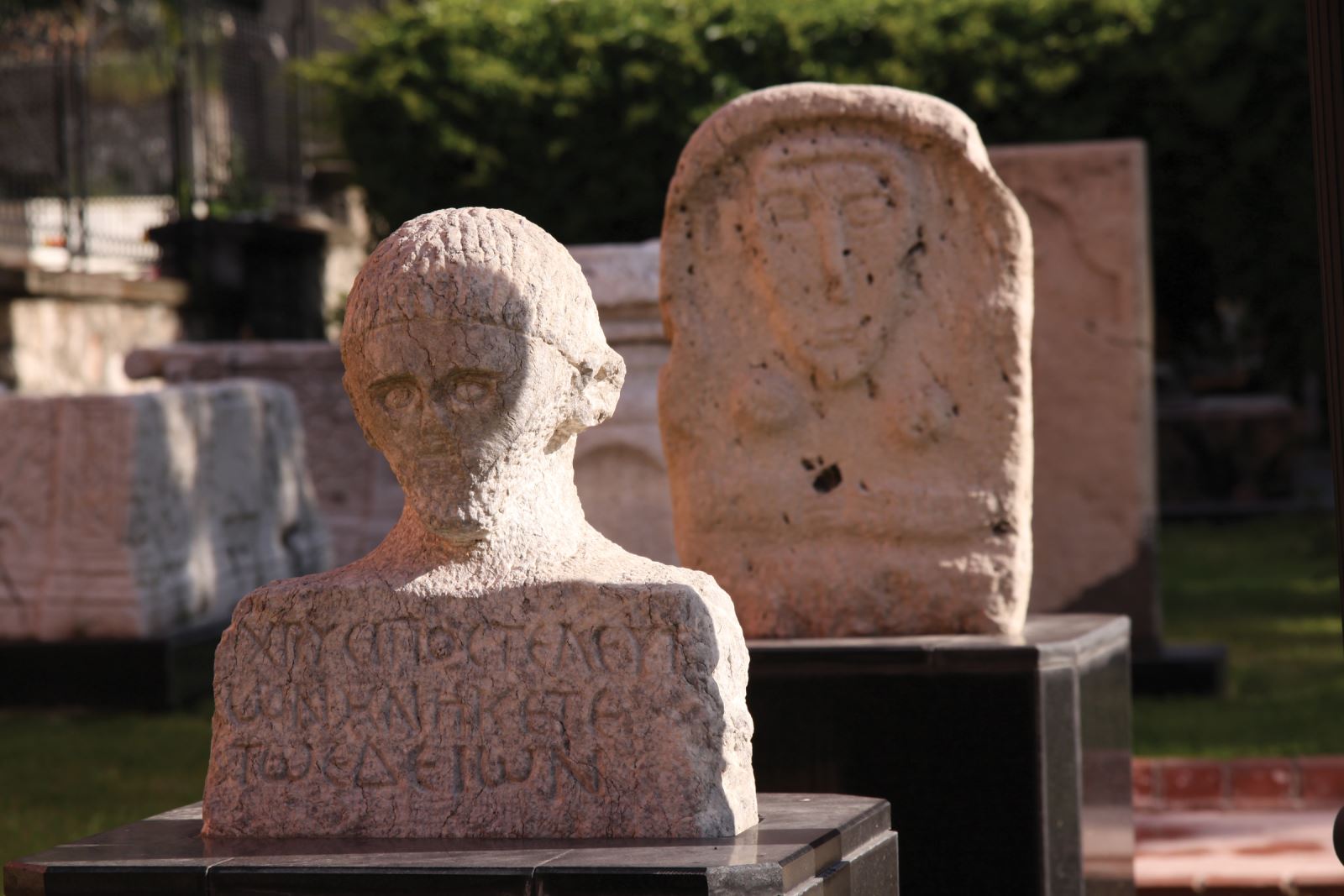Forget the postcard clichés—Turkey is where philosophy was born. From Thales at Miletus and Heraclitus in Ephesus to Aristotle’s exile in Assos, these shores forged the questions that built the West. Step onto sites where ideas first caught fire—and still burn. Diogenes in Sinope, Strabo in Amasya.
Table of Contents
When most travelers think of Turkey, images of Cappadocia hot air balloon rides, Istanbul‘s Blue Mosque, or Pamukkale‘s white travertines come to mind. But what many visitors don’t realize is that this land was once the stomping ground of some of history‘s greatest minds—the philosophers who shaped the foundation of Western thought.
From bustling ancient cities like Ephesus to coastal sanctuaries like Miletus, modern-day Turkey is packed with ruins that whisper the stories of thinkers who lived over 2,000 years ago. If you’re planning a culturaltour of Turkey or just love history, here’s a look at the ancient philosophers who once walked these same roads.
Famous Philosophers from Asia Minor

If you go by birthplaces, slightly more famous ancient Greek philosophers came from Anatolia/Asia Minor (Ionia and the Anatolian coast/Black Sea) than from the Greek mainland—especially among the Pre-Socratics and later Stoics. Classic examples include the Milesians Thales, Anaximander, Anaximenes (all from Miletus), Heraclitus (Ephesus), Anaxagoras (Clazomenae), Diogenes (Sinope), Cleanthes (Assos), and Chrysippus (Soli/Cilicia).
1. Thales of Miletus – The First Philosopher

Welcome to Miletus, an ancient Ionian city on the western coast of Anatolia, near present-day Didim. Here, around the 6th century BCE, Thales made a name for himself by asking a radical question: What is everything made of?
Instead of mythological explanations, he proposed that water was the fundamental substance of the universe. This marked the beginning of a new way of thinking—explaining nature through reason and observation, not divine myths. Thales also dabbled in geometry, astronomy, and engineering, making him a true polymath of the ancient world.

Miletus itself was once a major port and center of trade, known for its pioneering city grid plan attributed to Hippodamus. Today, visitors can explore the Great Theatre (expanded by the Romans to hold 15,000 spectators), the Baths of Faustina, the Agora, Bouleuterion, and stadium.

The Ilyas Bey Mosque, a 15th-century structure, within the ruins, adds a unique Seljuk layer to the site. The Miletus Museum nearby exhibits artifacts from the city as well as neighboring Didyma and Priene, including statues, inscriptions, and architectural fragments.
2. Anaximander – Mapping the Infinite
A student of Thales, Anaximander was also from Miletus and is often considered the father of cosmology. He introduced the concept of the apeiron—an undefined, boundless substance that generates all matter. Unlike his teacher, Anaximander argued that the Earth floats unsupported in space, a radical departure from traditional cosmologies.
He is credited with creating one of the first maps of the known world and was among the earliest thinkers of ancient times to suggest that life began in water and evolved to its current forms. These are not just ideas ahead of their time—they are early foundations of scientific thought as we know it.
His legacy, along with Thales and Anaximenes, makes Miletus the birthplace of rational philosophy.
3. Heraclitus of Ephesus – The Philosopher of Change

“No man ever steps in the same river twice.” That quote is from Heraclitus, a brooding thinker from Ephesus, who believed that the essence of reality is change. For him, the universe is in a constant state of flux, and fire represents the eternal process of transformation.
Heraclitus rejected conventional wisdom and believed that most people are asleep to the true nature of the world. He saw the Logos—a rational principle that governs all things—as central to understanding life.

Ephesus, near today’s Selçuk, is a treasure trove of ancient wonders. Visitors can explore the Library of Celsus, the Great Theatre (which held 25,000 people), Curetes Street, the beautifully preserved Terrace Houses, and temples like that of Hadrian. Artifacts from these sites are housed in the excellent Ephesus Archaeological Museum in Selçuk.
Walking through Ephesus, one can easily imagine Heraclitus, scribbling enigmatic lines on a parchment while the city bustled around him.
4. Anaxagoras – Mind Over Matter
Born in Clazomenae (near today’s Urla, close to Izmir), Anaxagoras brought philosophy from Asia Minor to Athens. He proposed that everything is made of infinitely divisible particles, but that it is Nous—Mind—that initiates motion and organizes the cosmos.
This idea was groundbreaking. Instead of gods controlling the world, Anaxagoras introduced a rational, non-anthropomorphic principle behind existence. He also explained solar and lunar eclipses scientifically, which led to his eventual exile from Athens for impiety.
Clazomenae offers history lovers the remnants of ancient city walls, an excavated, 2600 years old olive oil workshop, and beautiful views over the Aegean Sea. Many of the city’s artifacts are preserved in the Izmir Archaeology Museum, making this a great stop on a custom Aegean itinerary.
5. Diogenes of Sinope – The Cynic Rebel

Though born in Sinope (modern-day Sinop, on the Black Sea coast), Diogenes left the city in exile and later became infamous in Athens for his radical way of life. He lived in a barrel, rejected social norms, and used wit to challenge authority—including Alexander the Great.
He was the founder of Cynicism, a school of thought that advocated living in accordance with nature, rejecting wealth, status, and social conventions. He believed that virtue was the only true good.
Modern-day Sinop preserves traces of this radical past with its Byzantine fortress, ancient city walls, and a charming harbor. The Sinop Archaeology Museum holds Hellenistic and Roman artifacts, including items from the Diogenes period. It’s a rewarding stop on any Black Sea road trip.
6. Aristotle in Assos – A Philosopher in Exile

While Aristotle is closely linked to Athens, he spent a formative period in Assos, invited by his friend Hermias, the ruler of Atarneus. Around 348 BCE, Aristotle fled political instability in Athens and accepted Hermias’ invitation to lead a philosophical school in Assos. He later married Hermias’s niece, Pythias.
In Assos, Aristotle taught ethics, biology, and logic while surrounded by sweeping views of the Aegean. These years laid the groundwork for his later works that would define Western philosophy for centuries.
Today, Assos (modern Behramkale) offers visitors:
The Temple of Athena, perched atop the acropolis
An ancient theatre, city walls, and necropolis
A small museum with local finds and panoramic views stretching to Lesbos Island
This peaceful hilltop town is ideal for those seeking philosophy-inspired travel off the beaten path.
7. Strabo of Amasya – Mapping the Known World

Though more geographer than philosopher, Strabo (born ~64 BCE) from Amaseia (now Amasya) wrote Geographica, a 17-volume work detailing the people, places, and customs of the known world. His writings blended geography, philosophy, and cultural history.

Amasya stuns visitors with:
Tombs of Pontic Kings carved into the cliffs
Ottoman mansions along the Yeşilırmak River
A well-preserved castle, historic mosques, and madrasas
The Amasya Museum, featuring archaeological artifacts and an exhibit dedicated to Strabo

Why This Matters to Travelers Today
Ancient philosophy isn’t just for textbooks. These thinkers laid the groundwork for science, ethics, politics, and art—and they did it all on the soil of modern-day Turkey.
For the curious traveler, following their paths adds a deep, meaningful layer to your journey. Imagine walking through the ruins of Pergamon, standing where arguments about ethics once echoed. Picture taking a sunset cruise near the shores of Miletus, reflecting on Thales’ questions about the nature of reality.

Want help building an itinerary focused on ancient wisdom?
Inspired to explore the roots of philosophy?
Contact us below to craft your custom journey through Turkey’s ancient cities.
Let history guide your next adventure.
Read More on Ancient History:

Miletus: The Cradle of Philosophy and Urban Planning
Explore Miletus, the ancient Ionian city renowned for philosophy, science, innovative urban planning, and a rich history spanning diverse civilizations.

Olympos – Ancient Ruins Meet Pristine Beaches
Explore Olympos – Dive into its rich history, myths, ancient ruins, beaches, local culture, and unforgettable guided cruises.

Pergamon – Ancient City of Art, Science and Medicine
Explore the ancient city of Pergamon’s rich history, ancient ruins, travel tips, and cultural heritage in our detailed, comprehensive guide for visitors.

The Temple of Artemis: A Wonder of the Ancient World
Explore the history, significance, and ruins of The Temple of Artemis, one of the Seven Wonders of the Ancient World, located in Ephesus.

Ephesus Ancient City
Ephesus Ancient City is one of the most popular tourist destinations in Turkey, attracting millions of visitors each year.







